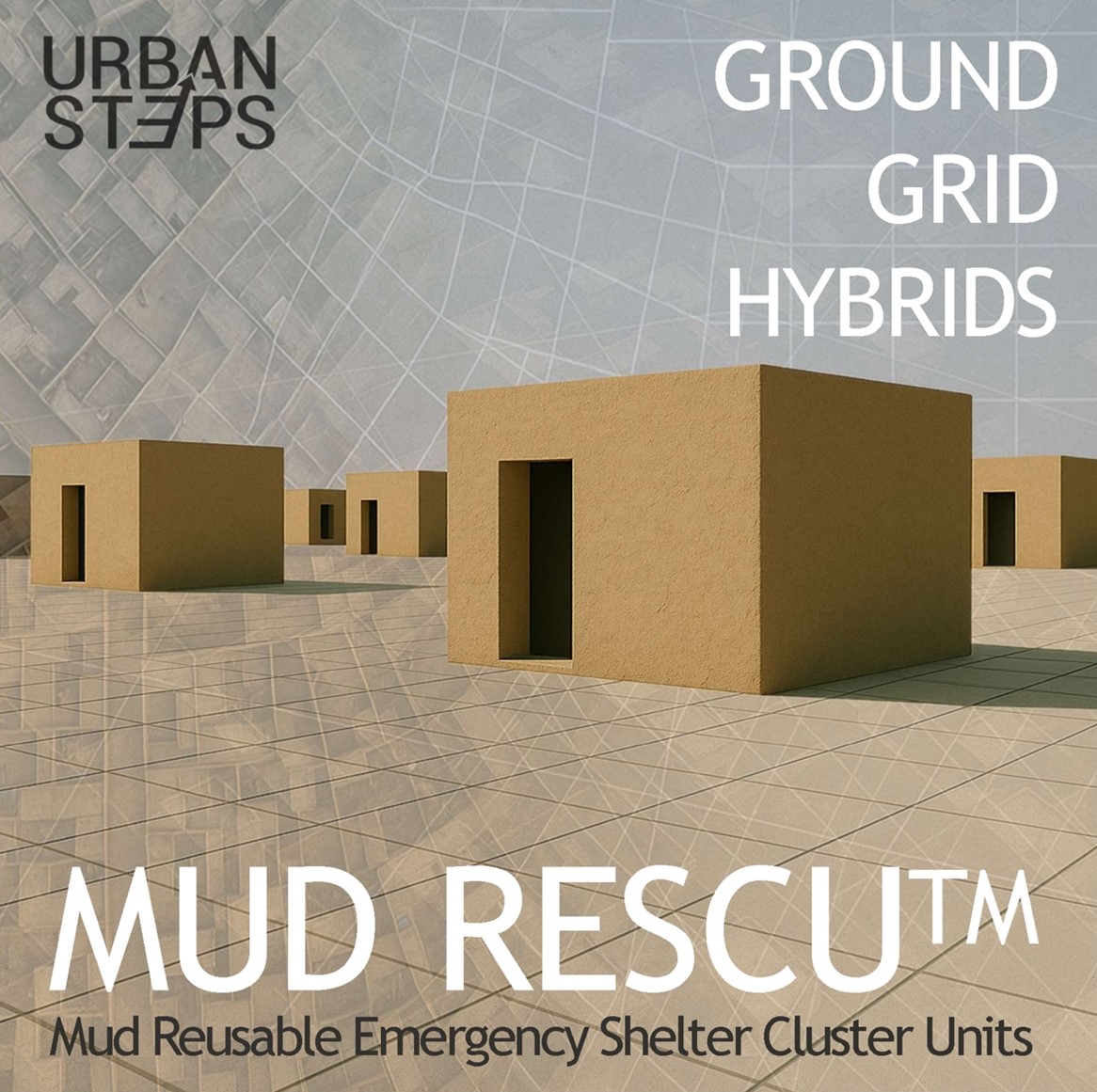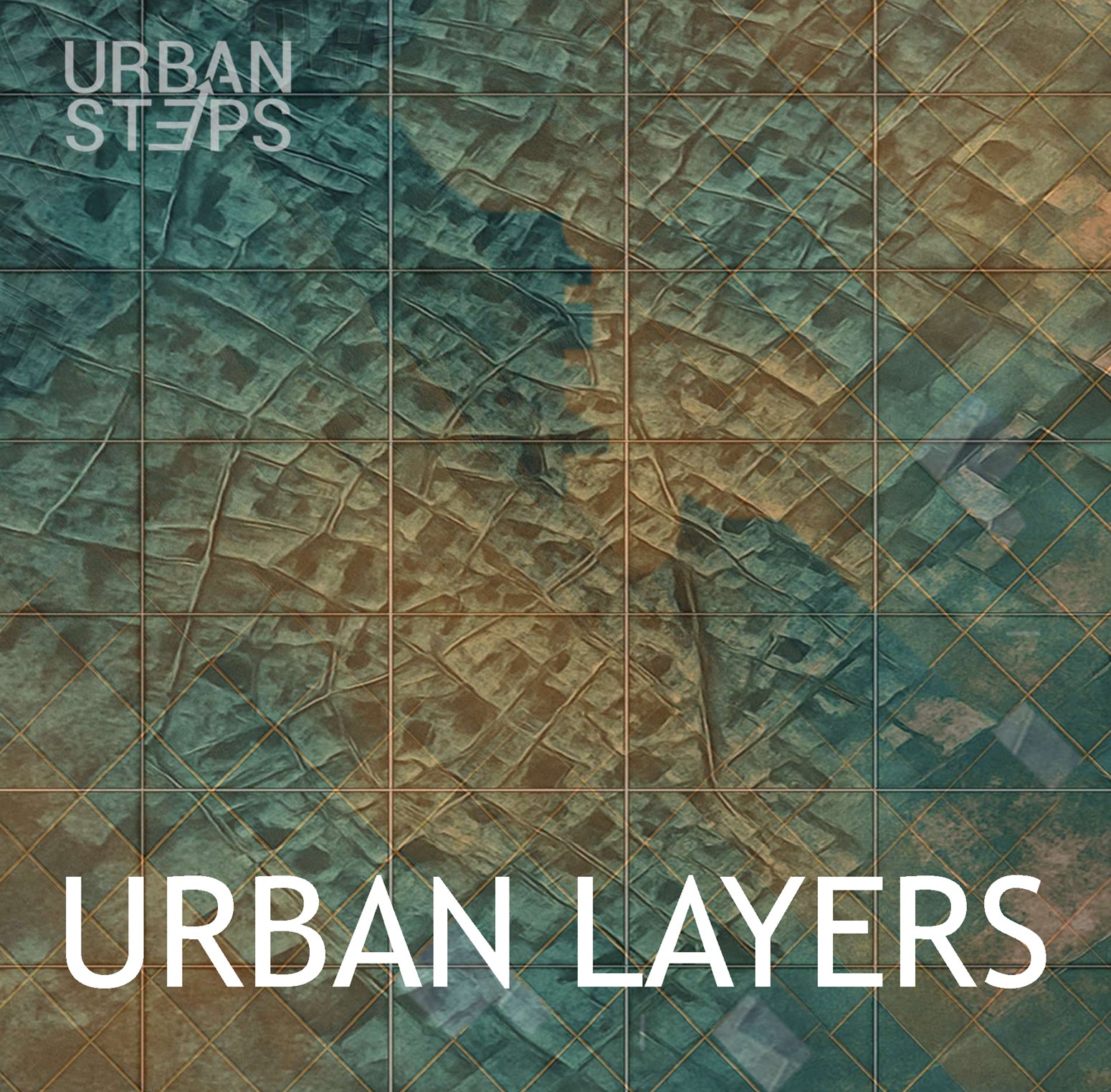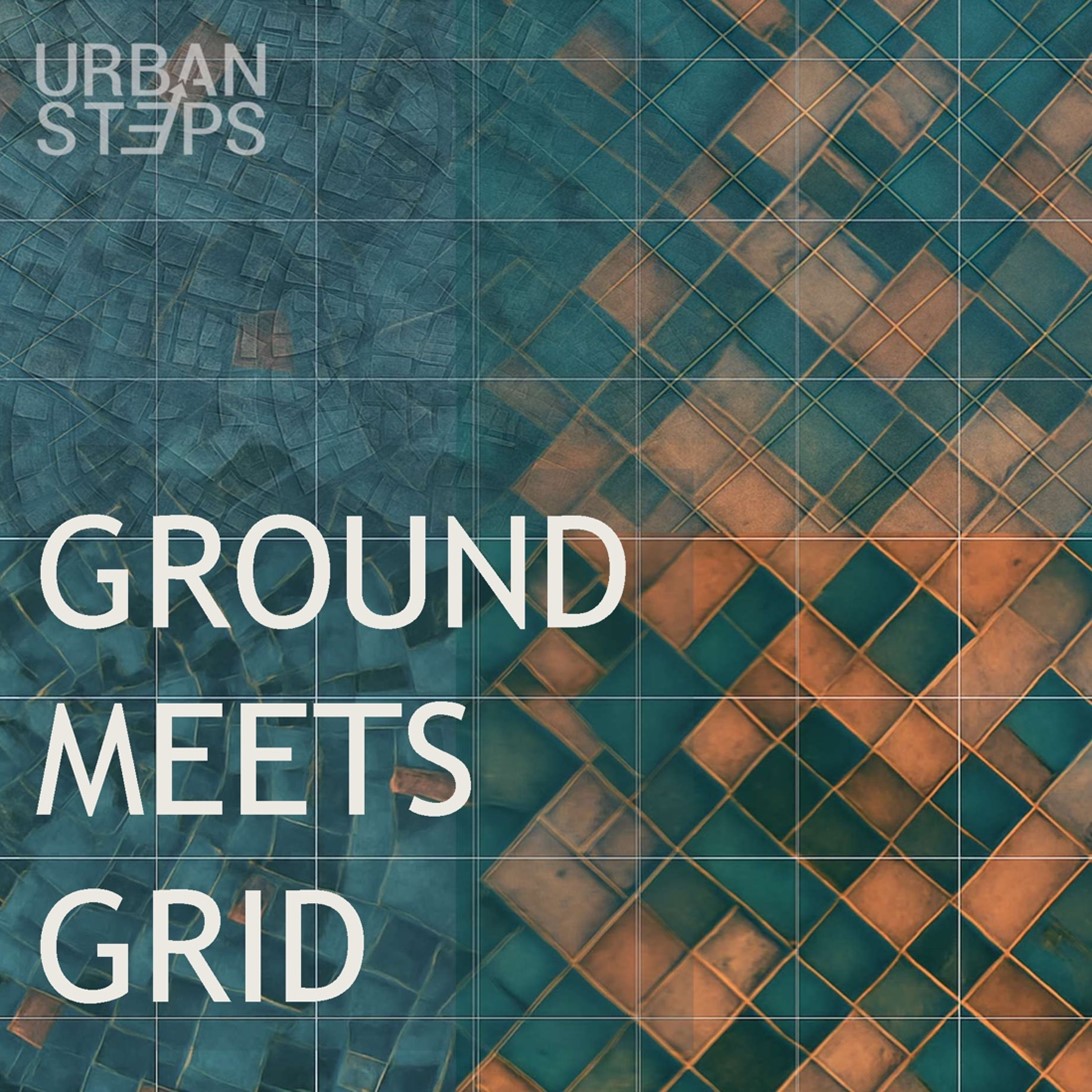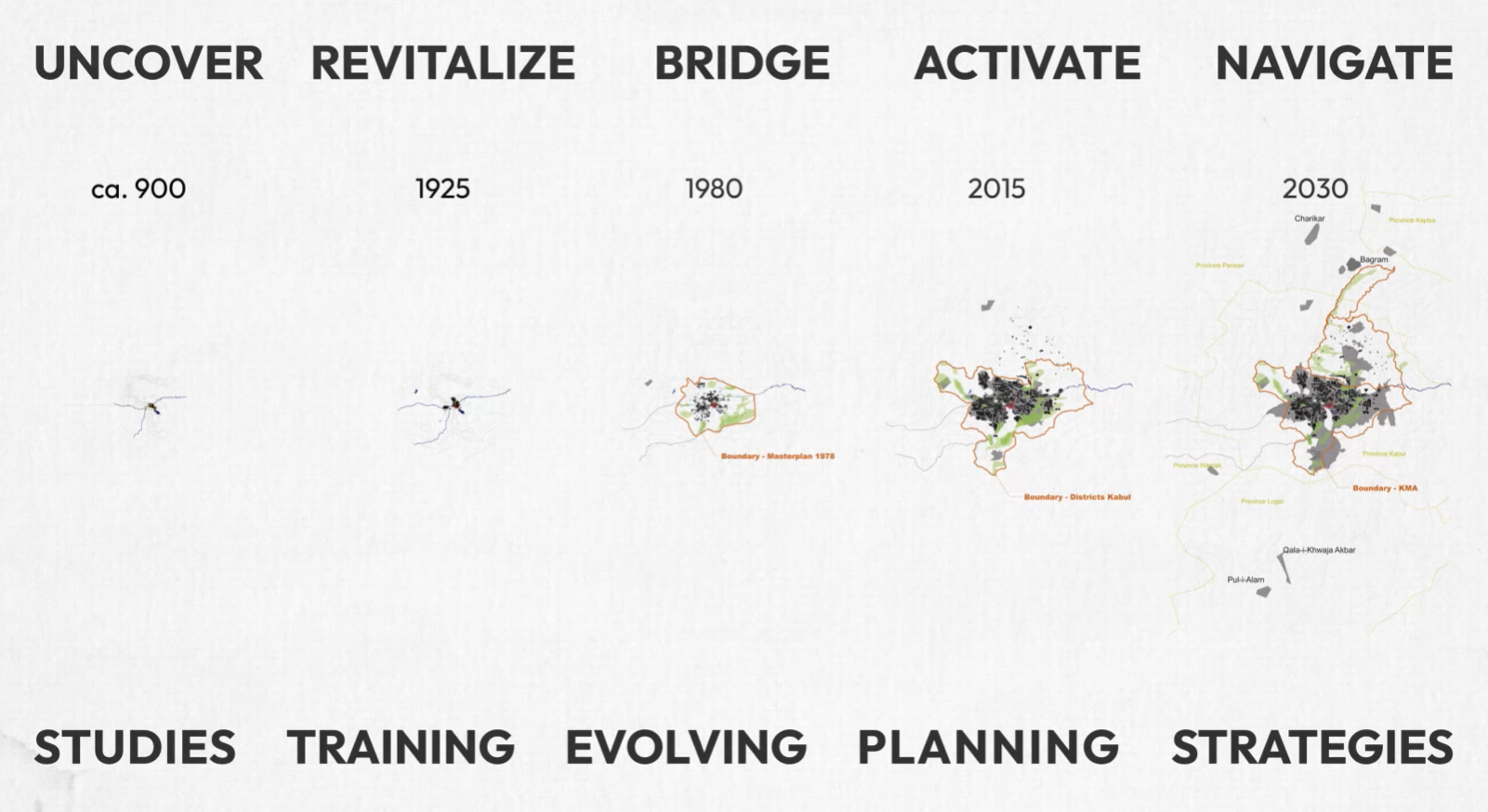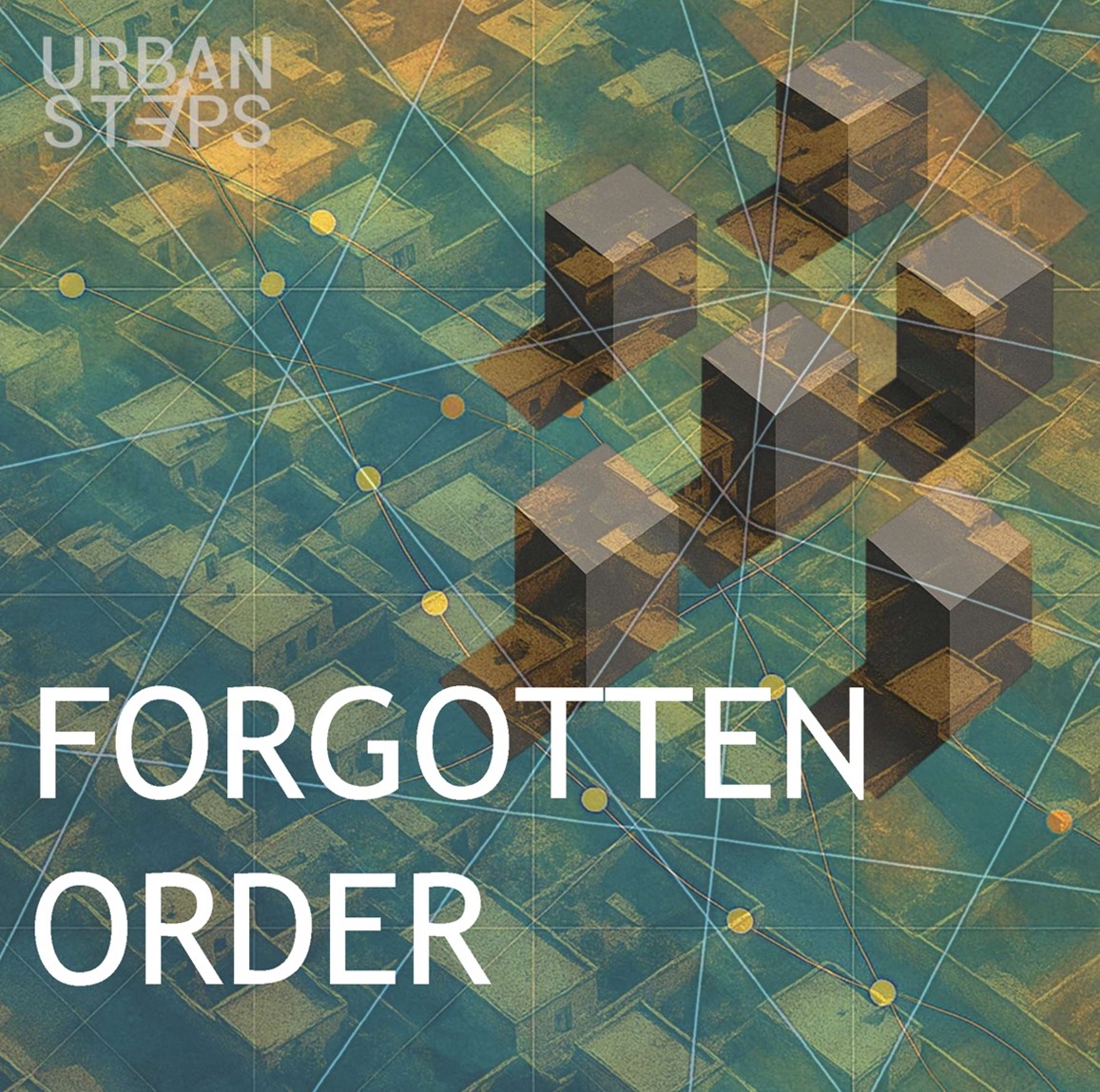
FORGOTTEN ORDER
Urban Layers: Memory in a City That Forgot Itself
Why Self-Organization Is Not Informal Chaos
- property norms were negotiated through shared
memory and moral obligation.
“Mechanisms
of distribution in the alleys of Kabul did not primarily follow formal state
directives but rather a social code that was based on fair use, respect, and
reputation.”
Zahra
Breshna, Kabul fieldnotes, 2004
These systems evolved through practice, negotiation,
and collective ethics, forming a governance architecture both durable and
dynamic.
From Regulation to Respect
This form of cultural regulation was never just about
efficiency. It relied on “honor economies”—trust, reputation, and
intergenerational learning. This is what allowed these neighborhoods to
function even in the absence of external control. Self-organization, then, was
not unplanned—it was differently planned.
What We Lost (And Can Learn)
Today, urban development programs often mistake
self-organization for administrative failure—or attempt to replace it with
participation models that ignore the power of embedded norms.
By failing to recognize this, we overlook what cities
already know how to do.
URBAN STEPS and the Return of Memory
URBAN
STEPS does not
seek to idealize self-organization, but to learn from it. We explore how these
forms of “cultural cohabitation” might
support more inclusive, flexible planning—especially in areas where state
presence is limited.
Our
methods Uncover/Study (U/S) and Bridge/Activate (B/A) draw directly on these field
studies: historical maps, neighborhood surveys, and the living memory of
street-level planning. Through this lens, we understand cities not only as
challenges to be governed,
but also
as systems that have long governed themselves.
Recovering that memory does not mean turning backward;
it means carrying forward a resource that cities already hold.
The question is not whether self-organization or a
regulative framework should prevail, but how the two can meet in ways that
allow cities to endure.
Next in the Series
This post is part of the URBAN STEPS essay series.
Upcoming essays will explore:
- Rethinking Urban
Responsibility
Join the dialogue. Shape the
strategy. Walk the ground.
